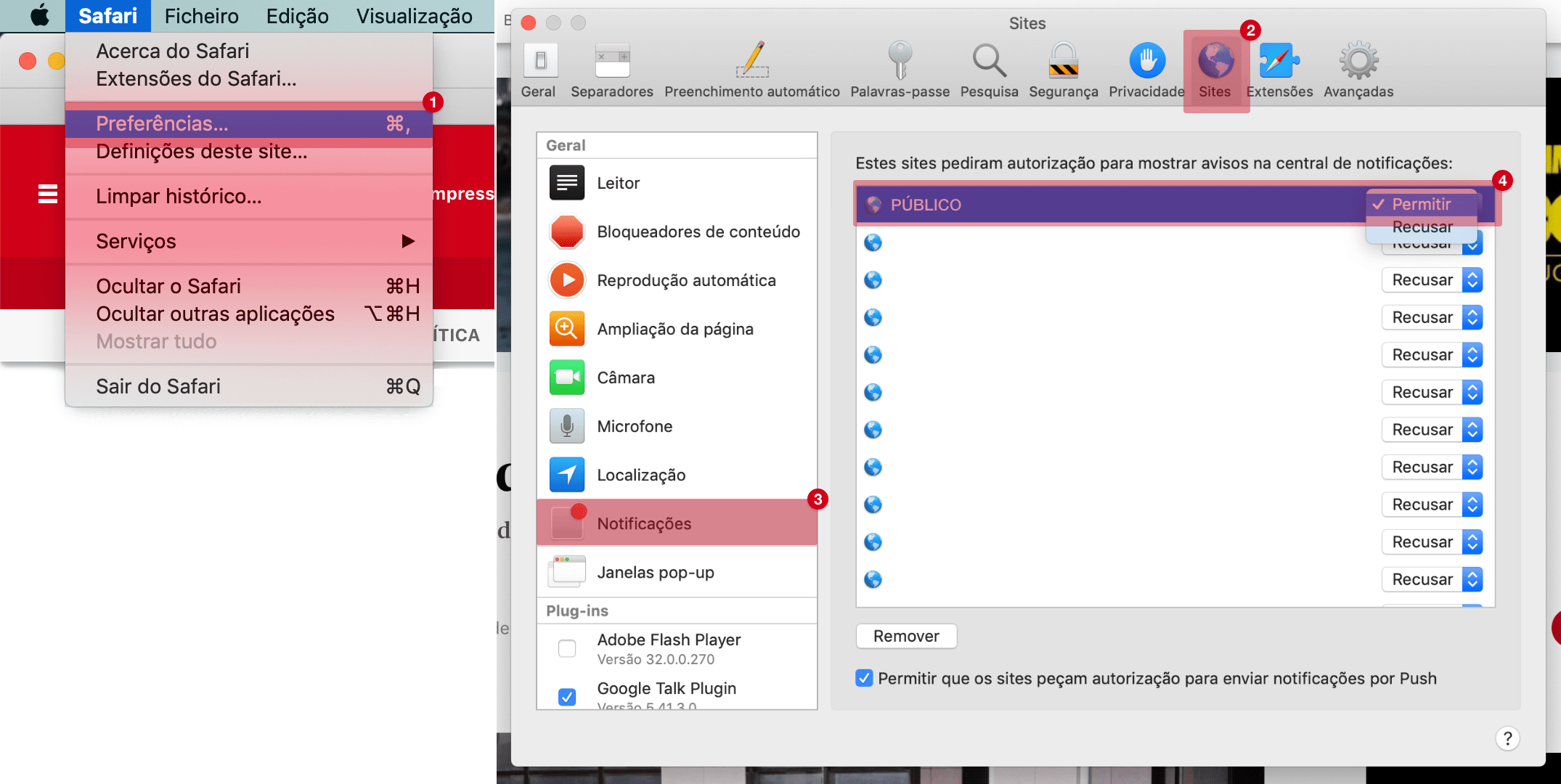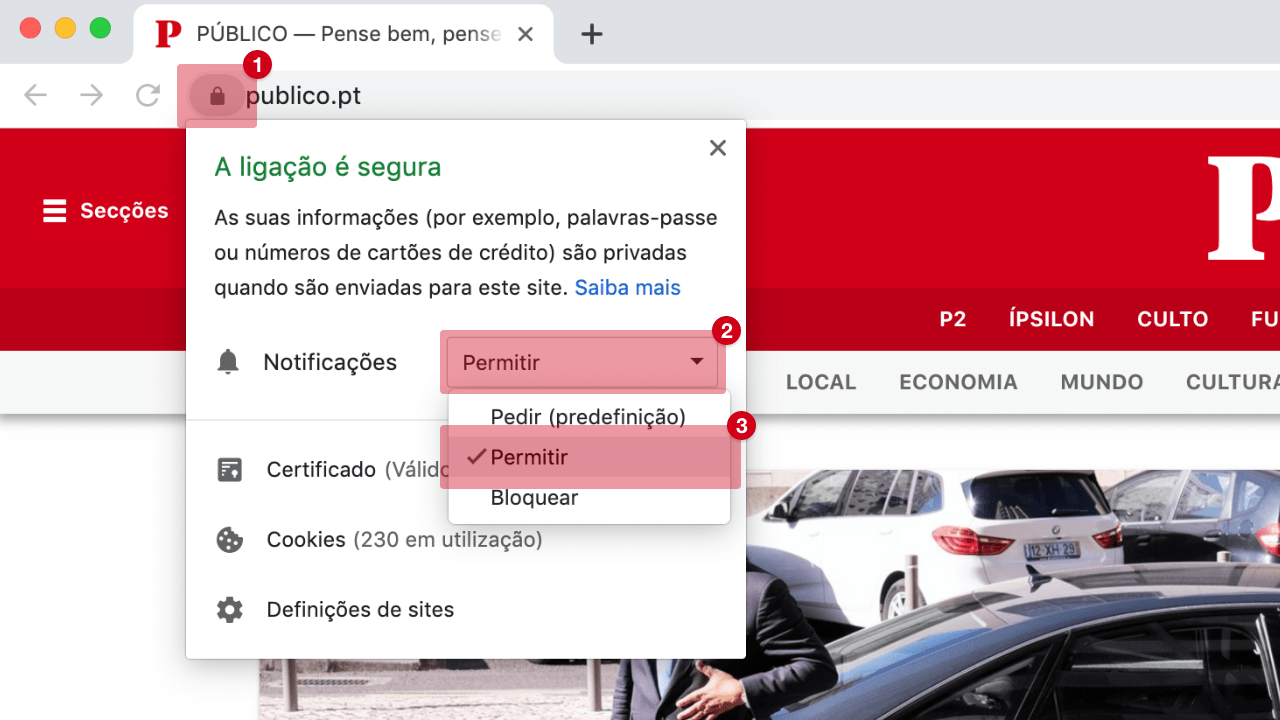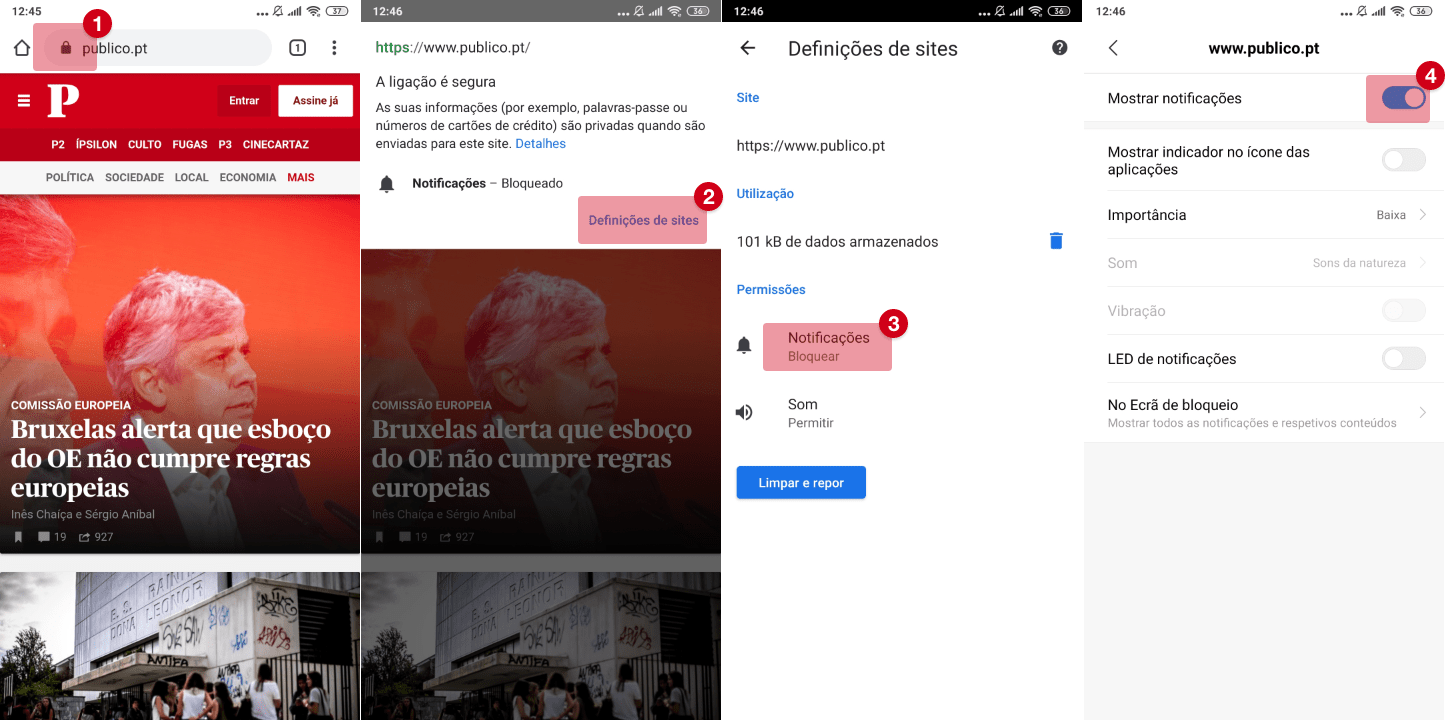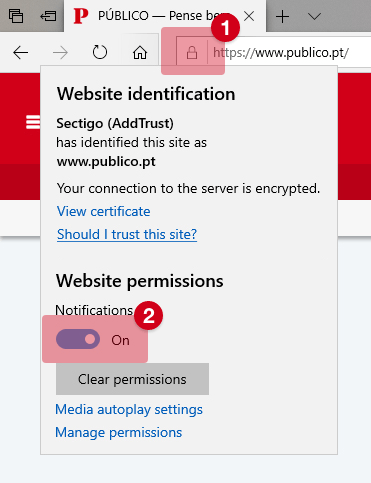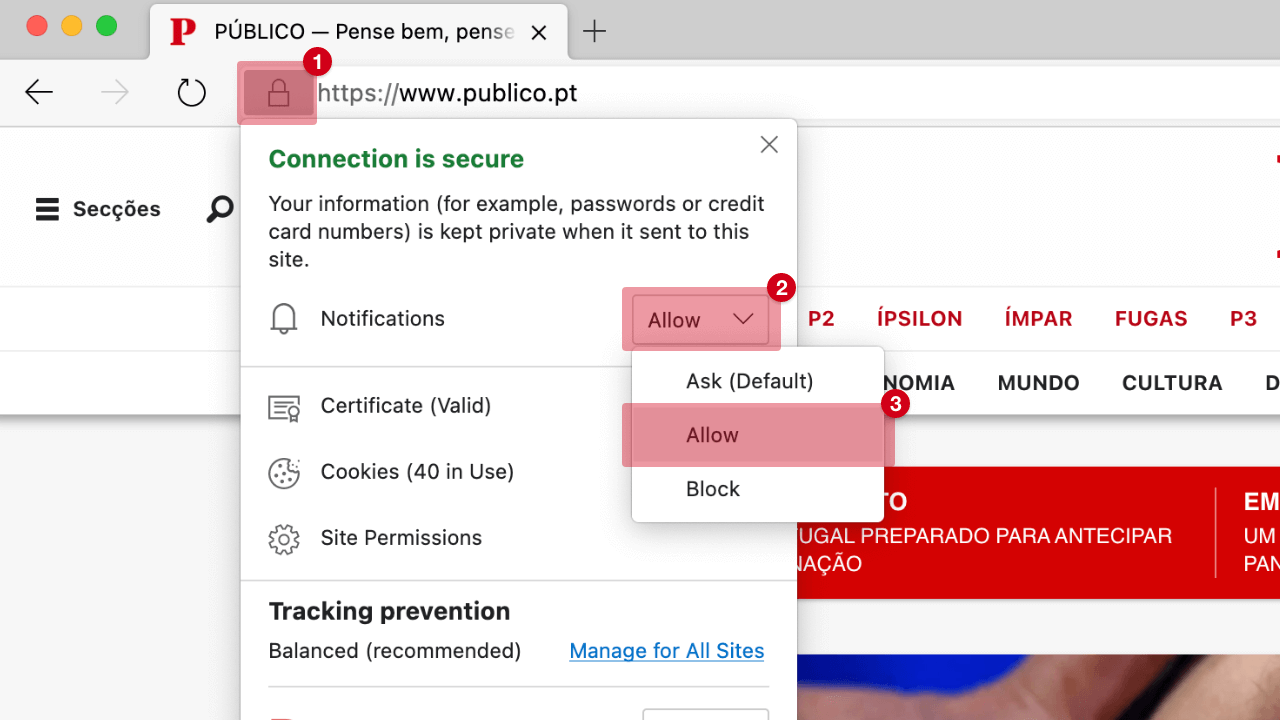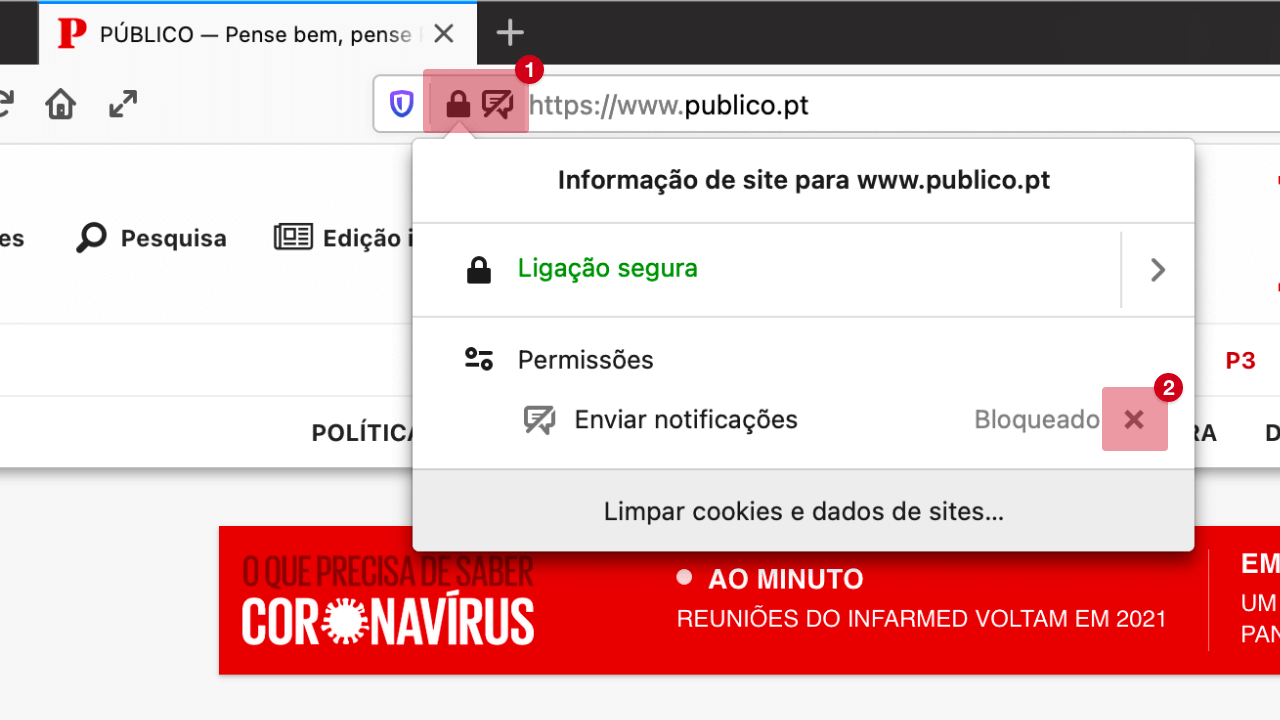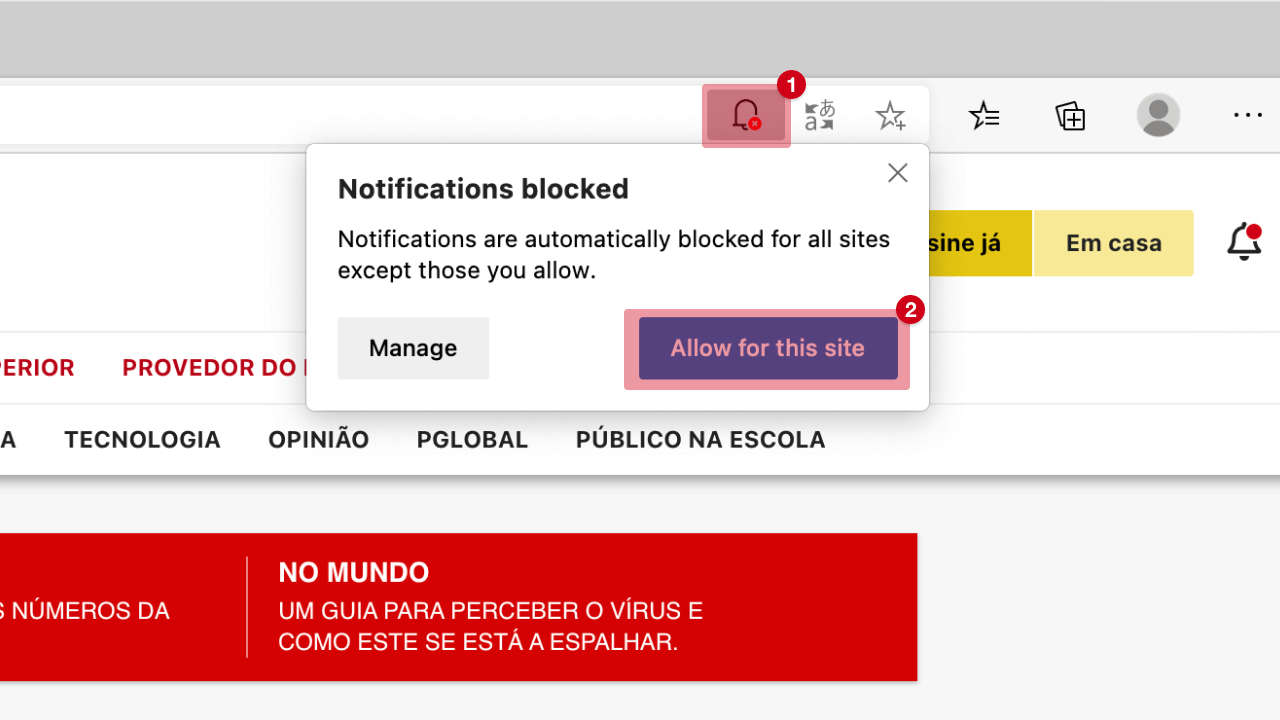Gallery
Auschwitz: is the holocaust a tourist attraction?
Buses filled with tourists loom upon the Auschwitz concentration camp daily. Visitors stop to take selfies at the entrance. The notice ‘work frees you’ appears in various images accompanied by a smile of a look of consternation. With visitors wearing T-shirts with messages such as ‘Laugh, that’s an order’ or ‘Wanted: Dead or Alive’ make all the others visitors if this was really the place where 1.1 million people lost their lives. ‘I was very surprised to see people wearing those T-shirts in this place’, confessed Roger Cremers, a Dutch photographer, ‘and it made me think.’ ‘is it that the Second World War has become a tourist attraction?. Cremer was witness to many a thing in Auschwitz, from guided tours by actual survivors to groups of neo-nazis who physically threatened him just at the possibility of having their photo taken. ‘ People visit these concentration camps to remember and to learn something about their family or European history’, Cremers told P3. ‘The majority of these have family that was killed in the war. Others visit this place to nuture a particular interest in the Second World War, and try to visit as many of these locations as possible. There is yet a third group who have a free day and read on ‘Lonely Planet’ that there is a museum nearby’. For eight years, between 2008 — 2015, Cremers was at various commemorative events around Europe, abandoned locations, archeological excavations, monuments and memorials. The photobook that he released in 2016, ‘World War II Today’, is full of ironic images which questions the value of the mementoes, the historical memory and even the absurd which still remains from the war. ‘In June 2012, I was present at a ceremony in Carentan, France, where six veterans were welcomed as heroes. One of them, an American ex-paratrooper, Jack Womer, looked upon the crowd in the square and asked his daughter: ‘What are all these people doing here?’ Those people were grateful for the fact that he had fought for our freedom but he doesn’t remember anything anymore.´ Portuguese version. Ana Marques Maia
